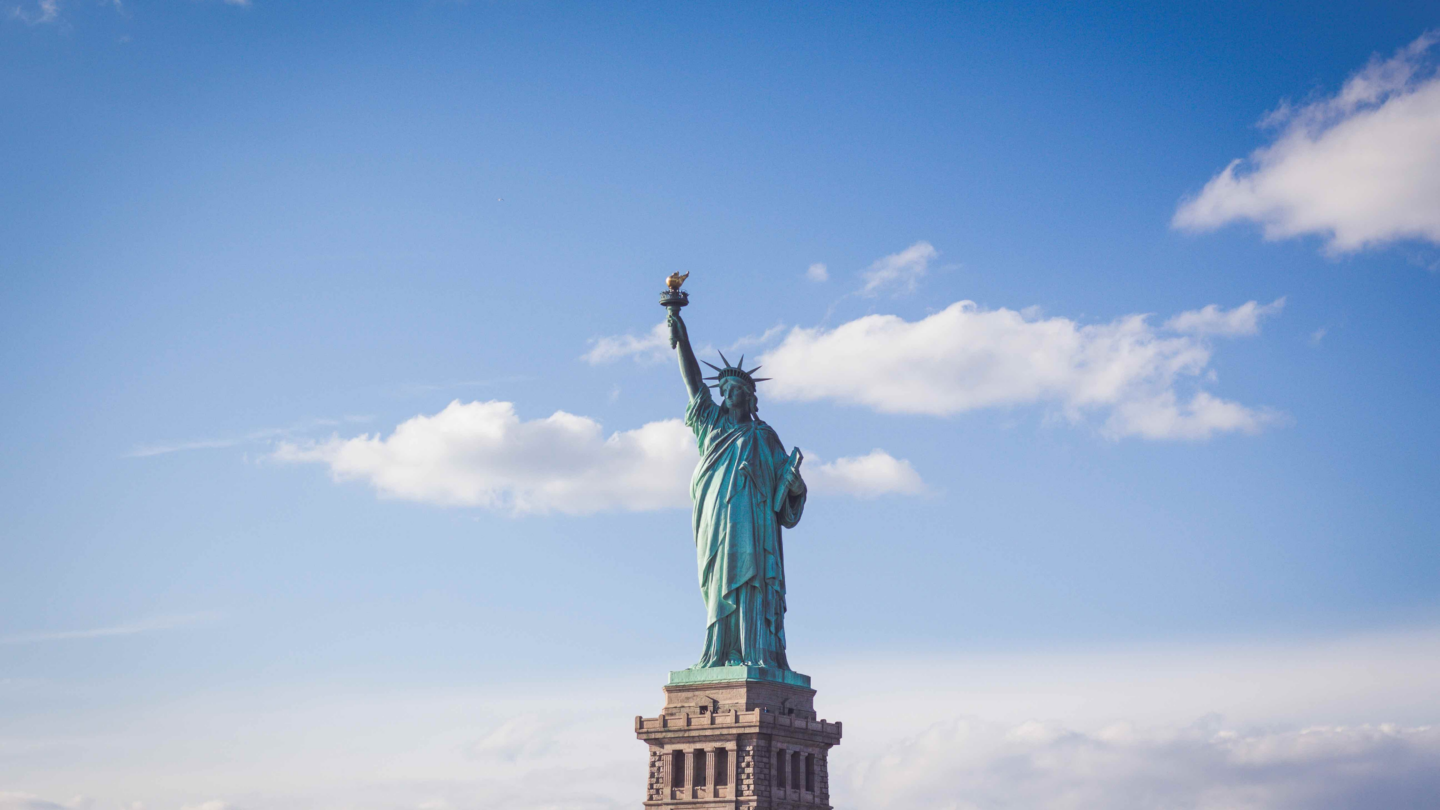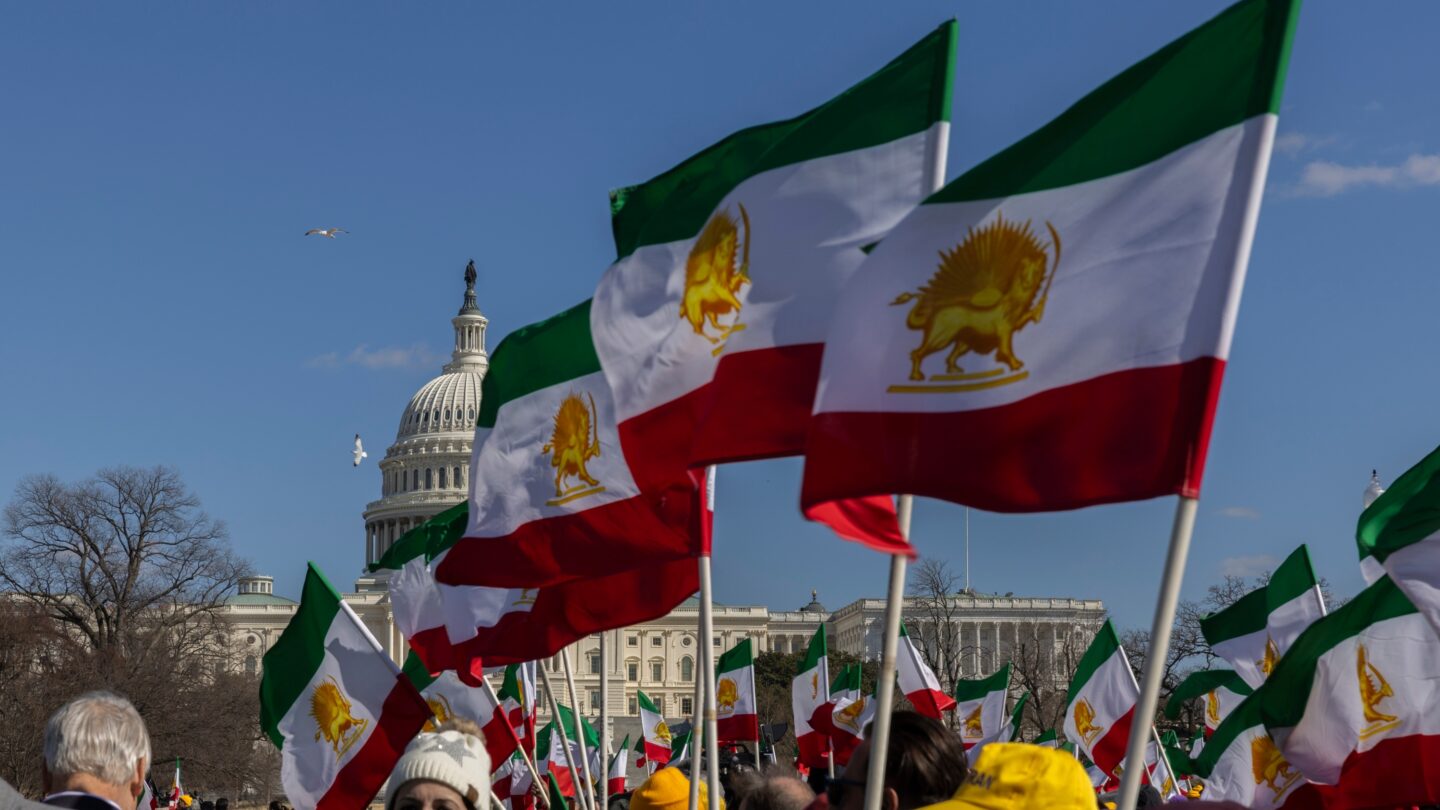Summary
Filed by the EOIR, the DOJ, USCIS, and DHS, the rule precludes asylum relief to those who “failed to apply for protection from persecution or torture in a third country through which they transited en route to the United States.”
This means that everyone—other than a Canadian or Mexican national—arriving at the southern border is precluded from applying for asylum if they first transited through another country where they failed to apply for and receive a final determination on humanitarian relief there. Central Americans who pass any other country, including Mexico, prior to arrival at the U.S. border are automatically ineligible for asylum. Although ineligible for asylum, all individuals will still be eligible to apply for a withholding of removal and Convention Against Torture (CAT) relief, but it will now require a higher burden of proof.
Of note, citing good cause and the foreign affairs exemptions in the Administrative Procedure Act (APA), the ruling exempts itself from the 30-day public comment period, arguing it is “impracticable and contrary to the public interest,” as well as a hindrance to U.S. “foreign affairs” objectives.
Asylum Law Changes
- Adds a new, mandatory “third-country-transit bar” to eligibility for asylum for a migrant who enters or attempts to enter the United States across the southern border, but who did not apply for protection from persecution or torture where it was available in at least one third country outside the alien’s country of citizenship, nationality, or last lawful habitual residence through which he or she transited en route to the United States
- Exceptions:
- Those who applied for protection in at least one transit country, but were denied protection;
- Victims of severe forms of trafficking (TVPA protections); and
- Those who only pass through countries that are not party to the 1951 Convention or the 1967 Protocolos (Mexico and all Central American countries are all party)
- Exceptions:
- Adds new procedural change that screens for new eligibility rule before credible fear screening
- If migrant is ineligible based on bar, they are screened for withholding of removal and CAT relief
- Heightens the burden of proof for withholding of removal and CAT protection to reasonable-fear standard (“more likely than not that the alien would face persecution or torture; a clear probability that his or her life or freedom would be threatened on account of a protected ground or a clear probability of torture”)
- All eligibility determinations subject to review by an immigration judge
Exemption from Public Comment Registry
- “Good Cause” exemption
- “Notice and public procedure thereon are impracticable, unnecessary or contrary to the public interest” 5 U.S.C. 553(b)(B).
- Argues that the delay would “result in serious damage to important interests” grounded in the assumption that the 30-day window would be interpreted by smugglers and asylum-seekers as an opportune time to reach the border, thus flooding it
- Foreign affairs exemption
- “Definite provocation of undesirable international consequences”
- Public comment would “harm the goodwill of Mexico-U.S. relations” and provoke a disturbance in domestic politics in Mexico
- “Definite provocation of undesirable international consequences”
We will follow-up this analysis shortly with implications and additional considerations.





